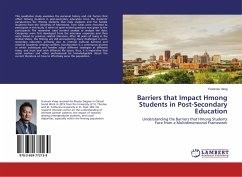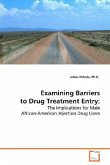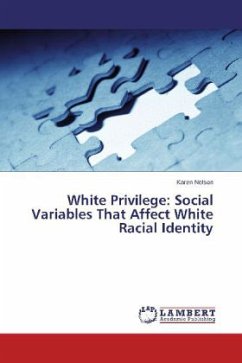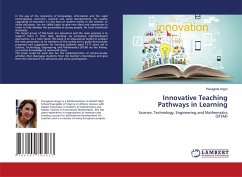This qualitative study examines the personal history and risk factors that affect Hmong students in post-secondary education from the students' perspectives. Ten Hmong students (five male students and five female students) from the University of Minnesota, Twin Cities were recruited to participate in this study. A series of open-ended questions was given to the participants. The researcher used content analysis to analyze the data. Categories were first developed from the interview responses and then were linked to previous related literature. After 40 years of living in the United States, the Hmong are still encountering many challenges in post-secondary education primarily due to internal (cultural barriers) and external (academic setting) conflicts. Acculturation is a continuous process in which individuals and families adopt different strategies at different times, and must deal with different life issues; thus, it is imperative that social workers and other professionals be knowledgeable about the current literature on how to effectively serve this population.
Bitte wählen Sie Ihr Anliegen aus.
Rechnungen
Retourenschein anfordern
Bestellstatus
Storno








